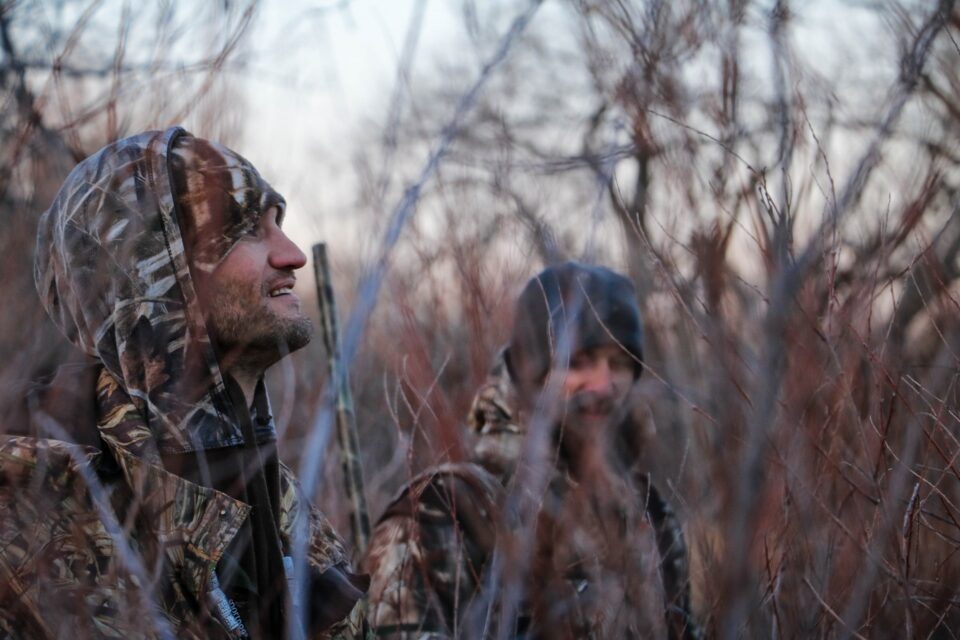If you are an avid hunter and have been looking for a way to spend some time in the great outdoors, then this article is for you. We will cover what types of hunting trips one can take, how to plan your trip so it goes off without a hitch, and what gear should be packed.
Clothing
When planning a hunting trip, it is important to dress in layers. This will allow you to stay comfortable in a variety of weather conditions. base layer: something made of wicking material to keep you dry, mid-layer, a warm shirt or jacket, outer layer, a coat, or rain gear depending on the forecast. Additionally, make sure to get big man waders if you plan to be in any water. Hunting socks should keep your feet dry and warm. Wool-blend or wool is the best choice for this, but it can get pretty expensive so if budget is a concern just look at materials such as polyester which will still do well. If possible try to avoid cotton which absorbs moisture and takes a long time to dry out. Good waterproof boots are an absolute must for hunting during wet weather! Be sure they offer enough support because when we spend long periods of sitting down our ankles tend to swell up and we want them supported. Clothing can also make you more visible to prey. Wear brightly colored clothing if possible, and avoid earth-tone colors. Make sure your clothes are quiet as well – rustling fabric can scare away the game.
Food And Water
Make sure you have enough to last your entire trip. If not, plan on going hunting and fishing for food. It’s also a good idea to bring along some snacks in case of an emergency or if you get lost and need something quick until the next time you can hunt/fish for more food.
Equipment
Make sure you have the proper equipment for your trip. This includes things like a hunting rifle, camping gear, a first-aid kit, etc.
You’ll also want to make sure you know how to use all of your equipment properly before heading out on your trip. Practice at home with your gear so you’re confident in using it when you’re in the wilderness. It can also be helpful to pack some extra supplies just in case something goes wrong while you’re out there. For example, if your hunting rifle breaks or if you get lost and need to build a shelter, having some extra tools and supplies on hand will come in handy. If you aim for significantly distant targets, you don’t want to waste a few precious rounds against an elusive game. Using a tactical rifle scope helps you hit the prey with long-range accuracy. This also promotes safety, as you’re situated at a safe distance to avoid sudden attacks without missing the mark.
Maps
Maps are a hunter’s best friend. Always bring a map with you into the wilderness, and plan your route before you set out. This will help ensure that you don’t get lost and can make sure to stay on track while hunting. Maps can also be helpful for finding good spots to hunt in. If you know of an area where there are lots of deer or other games, consult a map to find the best place to go hunting. You’ll have a better chance at bagging your prey if you’re well-prepared.
Hunting License
A hunting license is required in order to hunt animals unless you are an owner of the land on which you plan to shoot. Attend a hunter safety course for one year following their admittance into the program, pass a written examination covering information taught in class or have proof that they’ve taken and passed an approved hunter’s education course anywhere in Canada within the last ten years, or be at least 14 years old (12–13-year olds may only hunt under direct supervision).
Hunting licenses can be purchased online through Wildlife Online anytime before your trip begins. If you’re planning on making multiple purchases throughout the season, consider purchasing your hunting license subscription; it’s $75 plus HST for an entire year’s worth of hunting in Ontario.
Camping Gear
When packing for your hunting trip, don’t forget to bring camping gear. A tent, sleeping bags and pads, cooking supplies, and a first-aid kit are all essential items. Camping can be a great way to enjoy the outdoors while you’re on your hunting trip. It’s also a good way to save money – instead of paying for a hotel room, you can camp in the wilderness for free. Just make sure you come prepared with the right camping gear.
A good quality tent is essential for any camping trip. Choose one that is big enough for everyone in your group, and that is made of waterproof material. Sleeping bags and pads are also important, especially if you’re camping in cold weather. Make sure to bring enough cooking supplies to cook your meals, and pack a first-aid kit in case of injuries.
You should begin by evaluating your hunting area. It is extremely important to know what types of animals are in the region you plan on hunting. Research online or consult with others who have hunted there before about which species are most abundant and whether they’re likely to be solitary or found in groups, among other things.

